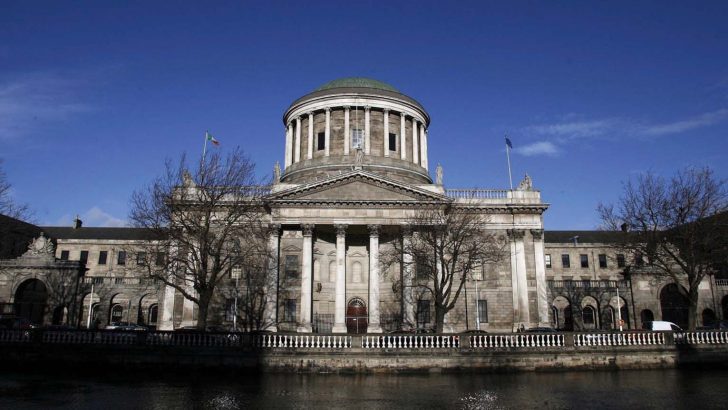Mercifully, public worship will return in the Republic next week. From May 10, Catholics will be able to attend Mass without fear of prosecution. Priests will be able to leave their homes to celebrate Mass without the fear of up to six months in prison.
It will be a relief for us to get back to Mass. We’re not really the Church without gathering together to celebrate the Eucharist – not really. While many people have undoubtedly taken to sitting in their pyjamas having a cup of tea while watching Mass, it’s a very poor substitute for being present and a far cry from what Vatican II described as “full and active participation” in the liturgy.
Our relief at returning to Mass should not blind us from the reality that only a couple of weeks ago the Minister for Health Stephen Donnelly moved to criminalise attendance at Mass – this despite the near-total cooperation of parishes with the regulations.
It’s also worth remembering that while Ireland laboured under some of the most draconian restrictions on public worship in the world, Catholics in other European countries were free to attend Mass. Are we expected to believe that the scientists in Ireland knew something that their European counterparts did not? Did the Irish Government believe governments in other countries allowing people to go to Mass were acting recklessly? We don’t know – repeated requests to both the National Public Health Emergency Team (NPHET) and the Government for the science behind the ban on Mass yielded nothing.
This is why it is vital that Declan Ganley’s challenge in the High Court to the ban goes on. Some will say now that we are free to attend Mass that it is a moot point. It is anything but.
Religious freedom
The Government moved to restriction the precious right to religious freedom without as much as an iota of consultation with faith groups. By contrast, other jurisdictions have acted more prudently, conscious of how big a deal it is to restrict a fundamental right like the right to worship.
At times of a severe spread of a deadly virus, the Government may indeed be within their rights to restrict public worship. But, the Irish approach has been akin to using a sledgehammer to crack a nut.
We must know – both as citizens and people of faith – under what circumstances the courts think it reasonable to set aside the constitutional right to freedom of worship.
Mr Ganley has been fighting the case for more than six months now. It has been plagued by delays and re-scheduled court hearings. In other jurisdictions, these cases have been heard by the courts swiftly given the seriousness of such restrictions. The case now must proceed, for the controversial ban on Masses remains on the statute book and the Government could once again trigger it at any time.
The courts have the responsibility of upholding Bunreacht na hÉireann. They must adjudicate on the lawfulness or otherwise of what the Government has done.


 Michael Kelly
Michael Kelly The Four Courts in Dublin
The Four Courts in Dublin 